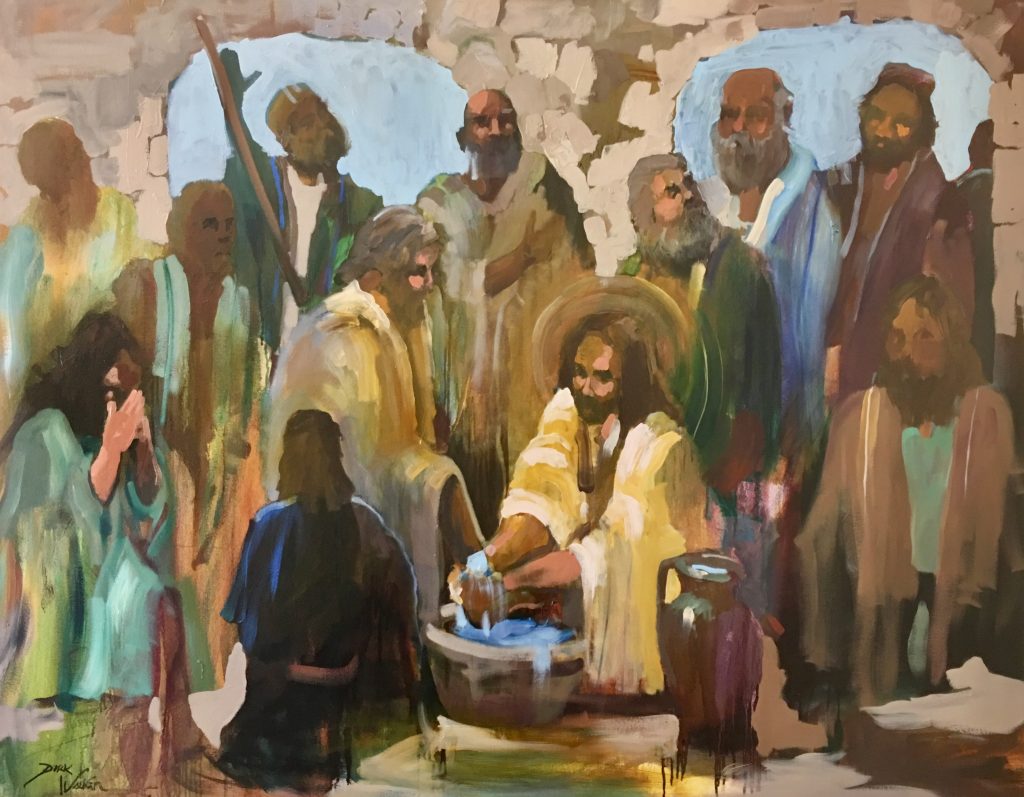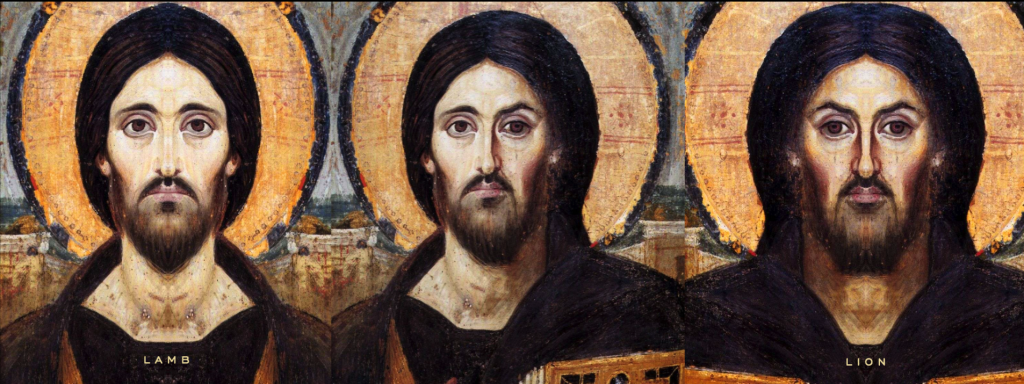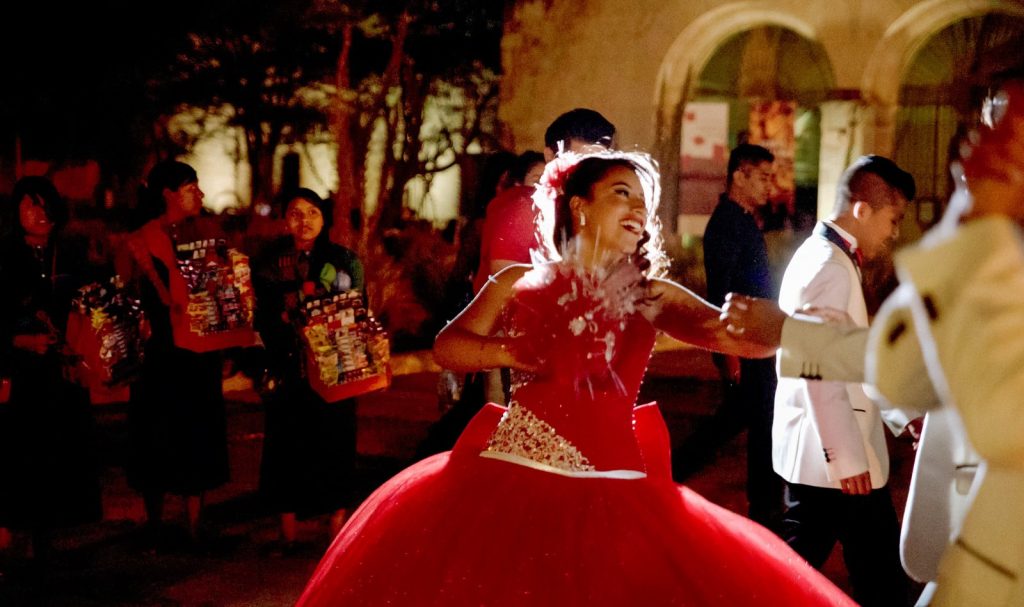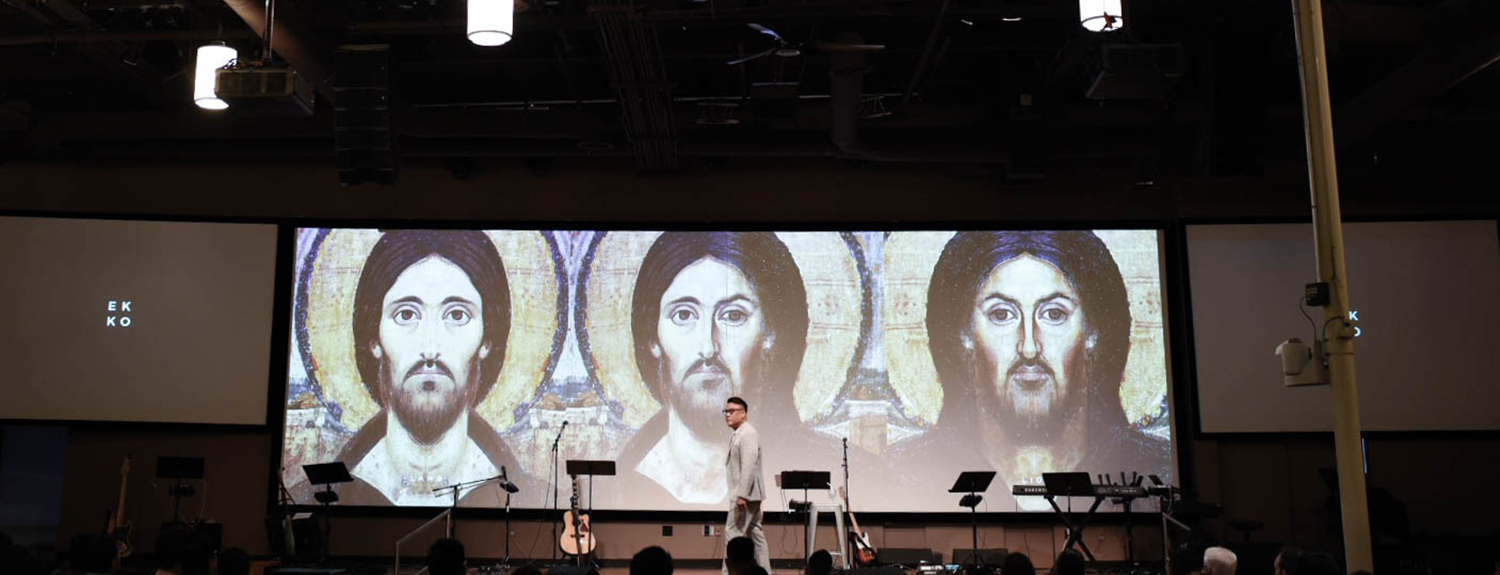When we neglect our roles as parents, our children grow up to an “un-blessed” life. They are left angry, resentful and exasperated.

Our role as parents is to serve our children. (See John 13:1-17)
We are called to wash their feet, just as Jesus did for His disciples.

We serve our children by:
- Meeting their needs
- Meeting them at their stage
- Helping them find their way
We serve our children by meeting their needs.
Our children have many needs, but the primary ones we want to focus on are concentration & consequences.
Our children need our concentration, meaning, they will face doubts and serious questions about their faith, and they will need someone to talk to about them.
According to a study, over 70% of churchgoing high schoolers report having serious doubts about their faith, but less than half share these with an adult or friend.
It is not doubt that is toxic to faith; it is silence.
— Fuller Youth Institute
Our children also need consequences.
In Proverbs 23:13, it is written: “Don’t be afraid to correct your young ones; a spanking won’t kill them. A good spanking, in fact, might save them from something worse than death.”
“Wise discipline imparts wisdom; spoiled adolescents embarrass their parents.” (Proverbs 29:15 MSG)
“A refusal to correct is a refusal to love; love your children by disciplining them.” (Proverbs 13:24 MSG)
Our children need the Lion and the Lamb in us as parents.

We serve our children by meeting them at their stage.
According to Kara Powell of Fuller Youth, children ask three ultimate questions throughout their lives.
- Who am I? – Identity
- Where do I fit? – Belonging
- What difference to I make? – Purpose
In the “Who am I?” Stage, our children need us to be the Storyteller.

We must rehearse your stories of family, of the tribe and of the gospel. So that they can answer this question with, “I am part of God’s Story.”
“I am part of God’s story.”
In the “Where do I fit?” stage, our children need us to be a Door.

A door to your community and church.
One of the ways we do this as parents is actually by allowing them to individuate, so they can discover and embrace this faith and community as their own. It allows them the room to go from, “Who am I?” to “Who are we?” This is maturity.
We invite them to our communities by initiating them via ceremonies.
“All societies use rites to demarcate transitions in life.”
— Anthropologist Arnold van Gennep
For example, the Mexican Quinceañera is a rite of passage for 15-year-old girls, a passage from girlhood to womanhood.

For example, in the Three-Act Rites of passage, in the beginning (separation), a young girl will begin by wearing a headpiece. In the middle (transition) she exchanges the headpiece for a tiara. At the end, she is reincorporated into community, with the tiara signifying her identity as a princess before God.
Essentially through the ceremony, the individual learns that as they detach from their current status in the group, they experience the transition in changes of appearance and behavior to represent transformation, and finally they return to be recommitted into a new role and new set of principles and expectations.
At the end of this stage, we want our children to answer the question of “Where do I fit?” with, “I am part of God’s Family.”
“I am part of God’s Family.”
Finally, to the third question our children will ask, “What difference do I make?” we must be their Yoda.

They need someone to help them discover their passions, skills, and rewards. To meet them at this stage and help them find their purpose in time.
To answer this question with, “I am part of God’s Purpose.”
“I am part of God’s Purpose.”
As parents, we are preparing our children to be arrows to be sent into the world for God’s purpose.
“Children are a gift from the LORD; they are a reward from him. Children born to a young man are like arrows in a warrior’s hands.” (Psalm 127:3-5)

Our children are not our assets. They are arrows.
They are like Angry Birds being sent to destroy the strongholds of the enemy.
We are to be our child’s benediction. We are to send them into the world reminding them of who they are, where they belong, and what their purpose is. Like a pastor to a congregation, a benediction launches the church back into the world as an arrow for God.
We are our child’s first pastor.
May they hear and feel our benedictions over their lives as we prepare them to be shot into the world.
You can listen to the sermon Godly Parenting, Pt. II from the Ephesians series that inspired this post here.
All images and materials are copyright protected and are the property of EKKO Church unless otherwise noted and credited to their maker. Please do not copy or distribute without permission.
